
Grades:
3rd Grade, 4th Grade
Encouraging students, from a young age, to think about their interests, dreams and goals lets them see possibilities for the future. As students listen to their thoughts and put those thoughts into

Grades:
3rd Grade, 4th Grade
In this unit, students will identify what a shelter is and why we need it. Students will identify the different types of shelters and materials needed depending on climate and their surroundings

Featured
Best Class Plant
Grades:
1st Grade, 2nd Grade, 3rd Grade
This lesson is centered around the book, The World's Best Class Plant. It is intended for 1st-3rd grade. Ideally, teachers would use this lesson at the beginning of the year so they can have their

Grades:
3rd Grade, 4th Grade, 5th Grade
Students will enhance communication and teamwork skills through a base ten building project. They’ll start by listening to a story, brainstorming creative building exit strategies, and playing a game

Grades:
1st Grade, 2nd Grade, 3rd Grade
This maze activity builds all sorts of skills. Students will be improving spatial skills, logic skills, problem solving skills, math skills, technology skills, and fine motor skills Mazes provide

Grades:
3rd Grade, 4th Grade
In this lesson, 3rd and 4th-grade students will explore the life cycles of various animals using technology to enhance their understanding. Students will research the stages of an animal's life cycle

Grades:
3rd Grade
In this lesson, students will create a plant maze to observe and demonstrate how plants react to the stimulus of light (phototropism). This hands-on activity will help students understand how plants
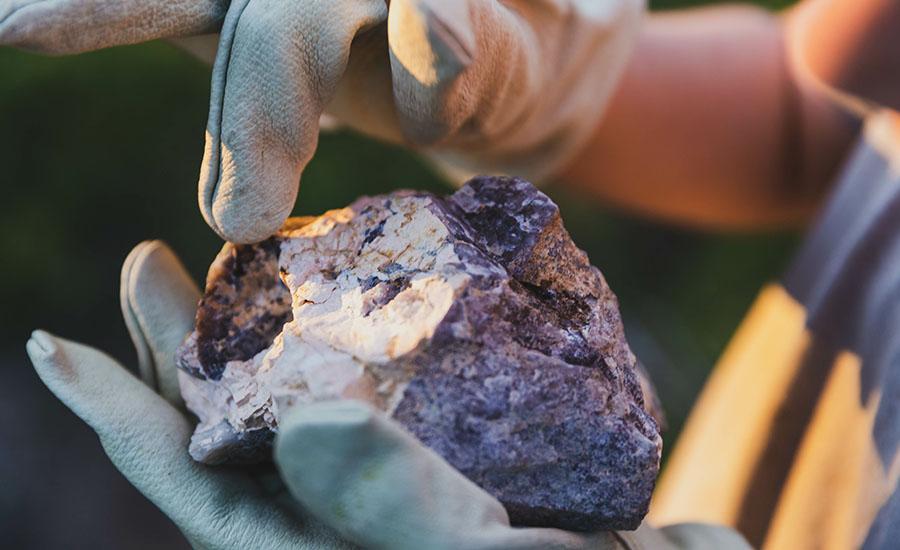
Grades:
3rd Grade, 4th Grade, 5th Grade, 6th Grade, 7th Grade, 8th Grade, 9th Grade
An overall view of mining, minerals, and their role in our everyday life. This lesson compares the past, present and future of mining and it's relativity to sustaining our way of life.

Grades:
Kindergarten, 1st Grade, 2nd Grade, 3rd Grade, 4th Grade, 5th Grade, 6th Grade, 7th Grade, 8th Grade
Most students are likely familiar with popular films like Happy Feet, Surf’s Up, Penguins of Madagascar, and classic books like Mr. Popper's Penguins. Capitalizing on this familiarity with penguins

Grades:
3rd Grade, 4th Grade, 5th Grade, 6th Grade
In this lesson students combine science and math standards to explore the animal adaptation: camouflage. Students engage in discussion, watch a video, complete a hands-on activity, fill out a table
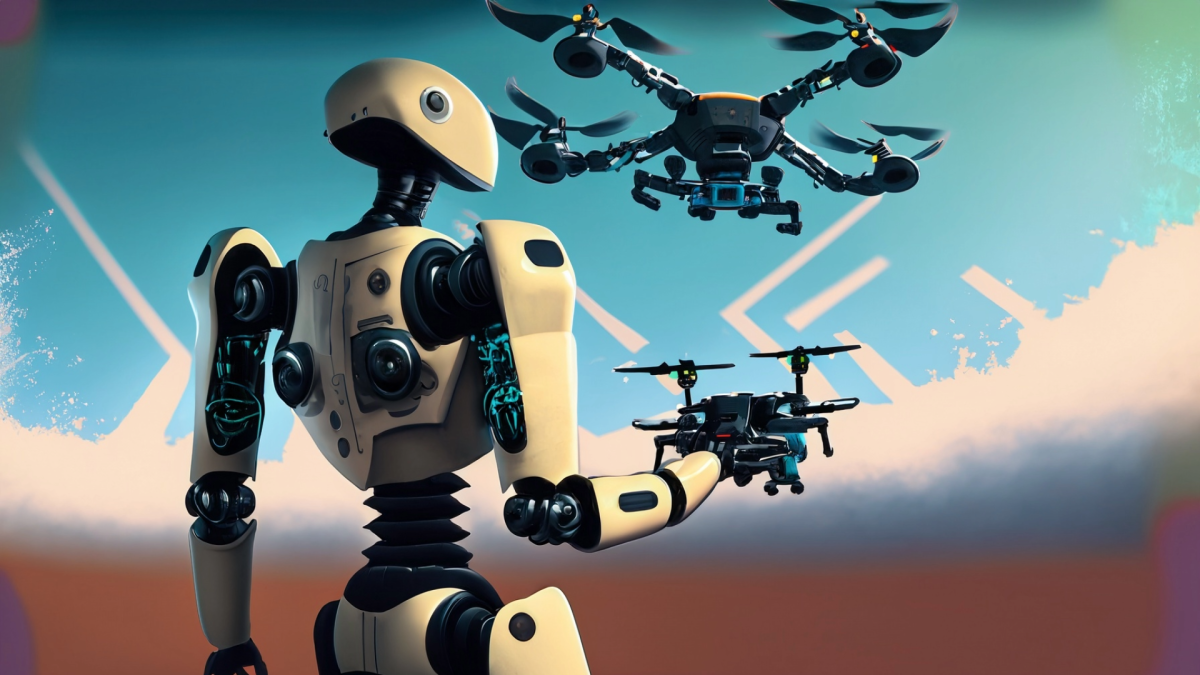
Grades:
Kindergarten, 1st Grade, 2nd Grade, 3rd Grade
Students will learn about the engineering design process by working in small groups to identify a problem, then design and create a solution, inspired by the main character's creativity and problem

Grades:
2nd Grade, 3rd Grade, 4th Grade
Students learn about the gila woodpecker as well as the 5 S's of birdwatching. Students then make observations of birds in their schoolyard, summarize the findings on a graph and slideshow, and design

Grades:
2nd Grade, 3rd Grade
Students will research a biome around the world, including 3 animals, 3 plants, and 3 nonliving parts of the ecosystem. Students will construct a diorama of the biome and illustrate a natural disaster
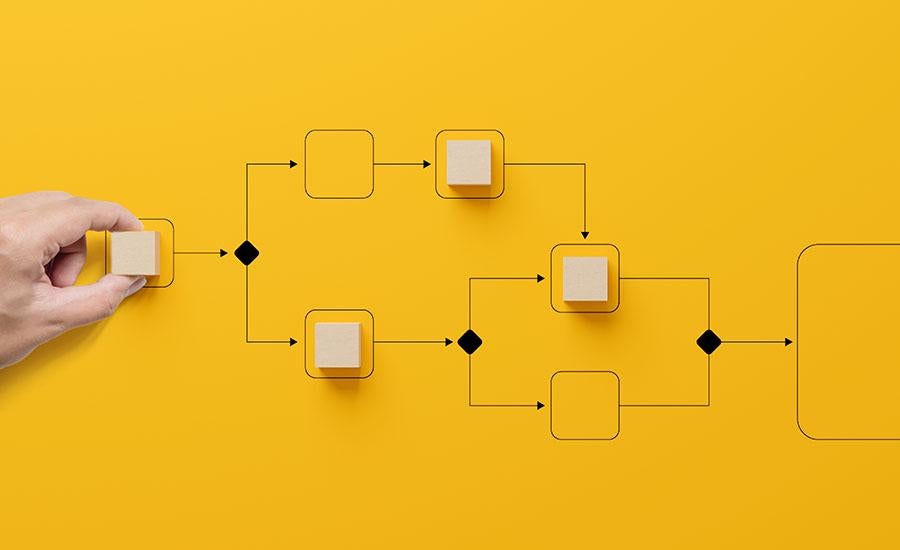
Grades:
3rd Grade
Students will design and engineer an Arizona-themed board game in this creative lesson. Students will go through an engineering design process and researching phase. A variety of resources are

Grades:
3rd Grade
Continue the exploration of fungi and harvest the grown mushrooms in the classroom with this engaging lesson! Students will build a model of a chosen mushroom type, taste test and record observations

Grades:
3rd Grade
Explore the world of fungi by exposing students to how mushrooms grow, the differences between plants and fungi, growing mushroom examples in the classroom, dissecting various mushroom samples and

Grades:
1st Grade, 2nd Grade, 3rd Grade
We begin with the observation of a phenomenon - the spinning pioneer button. Students make their own spinning pioneer button and experiment with different lengths of string. With teacher input and
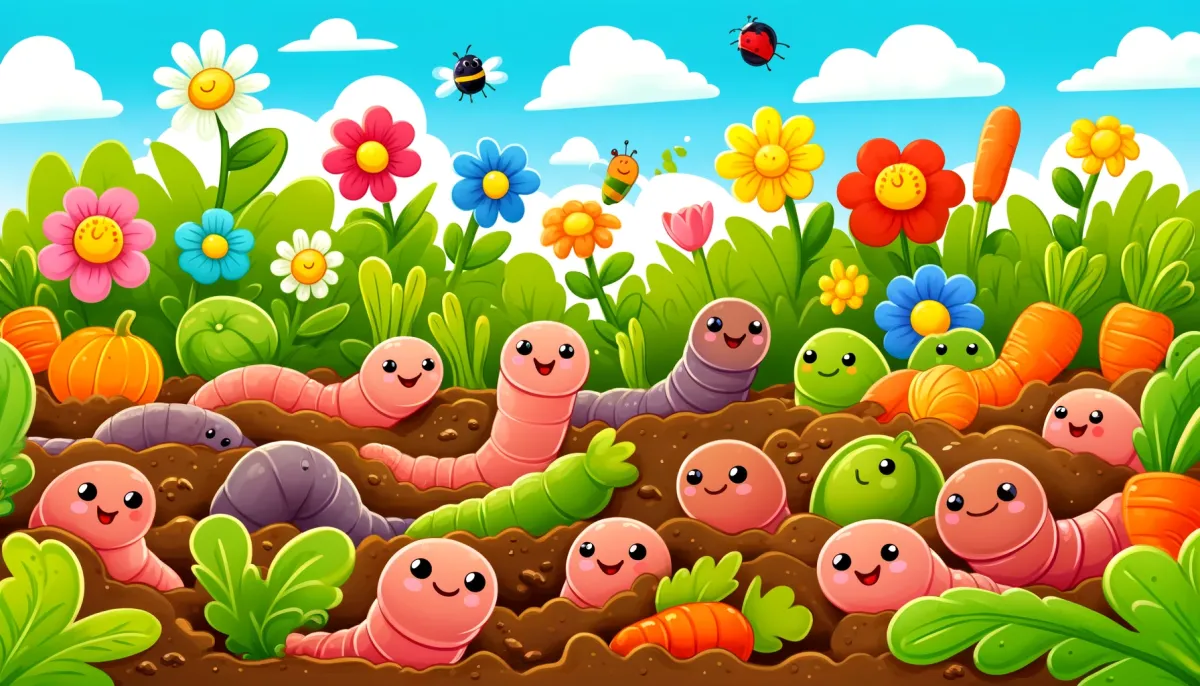
Grades:
1st Grade, 2nd Grade, 3rd Grade
This lesson is intended as a follow up to the Closer Look at Worms lesson. In this lesson, students explore the video creation platform, FlipGrid or alternative app, and make their own videos. They

Grades:
Kindergarten, 1st Grade, 2nd Grade, 3rd Grade
This is a series of 4 lessons lasting 30 minutes each. This is the first of two slide decks of lessons focusing on worm inquiry and technology. The lessons in this slide deck use digital microscopes

Grades:
1st Grade, 2nd Grade, 3rd Grade
In this lesson the students will listen to the book THE WATCHER: Jane Goodall's Life with the Chimps and then engage in building a tool to collect the most ants in a timed setting.
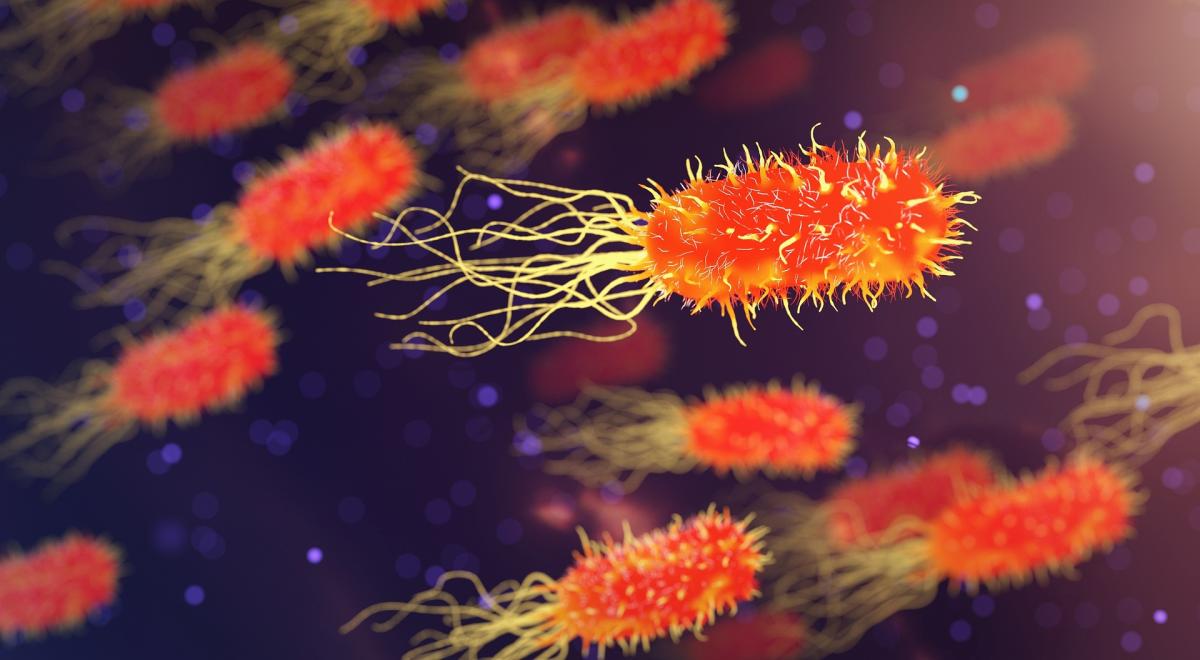
Featured
Planarian Regeneration
Grades:
3rd Grade
In this engaging lesson, students will explore human regenerative medicines through the planarian's ability to regenerate. Planarians have specials cells that allow themselves to modify and regrow

Grades:
3rd Grade, 4th Grade, 5th Grade
In this lesson, students will research Native American homes within different environments and create a model of a Native American home. They will then create and deliver an oral presentation to

Grades:
2nd Grade, 3rd Grade
Students will dive into the world of three-dimensional structures, shapes, and basic engineering principles through this hands-on lesson using Magna Tiles.

Grades:
3rd Grade
This lesson is about exploring Arizona's state bird, the cactus wren, that lives in the desert, has special body parts and behaviors that help it survive in its harsh environment. Students will learn


